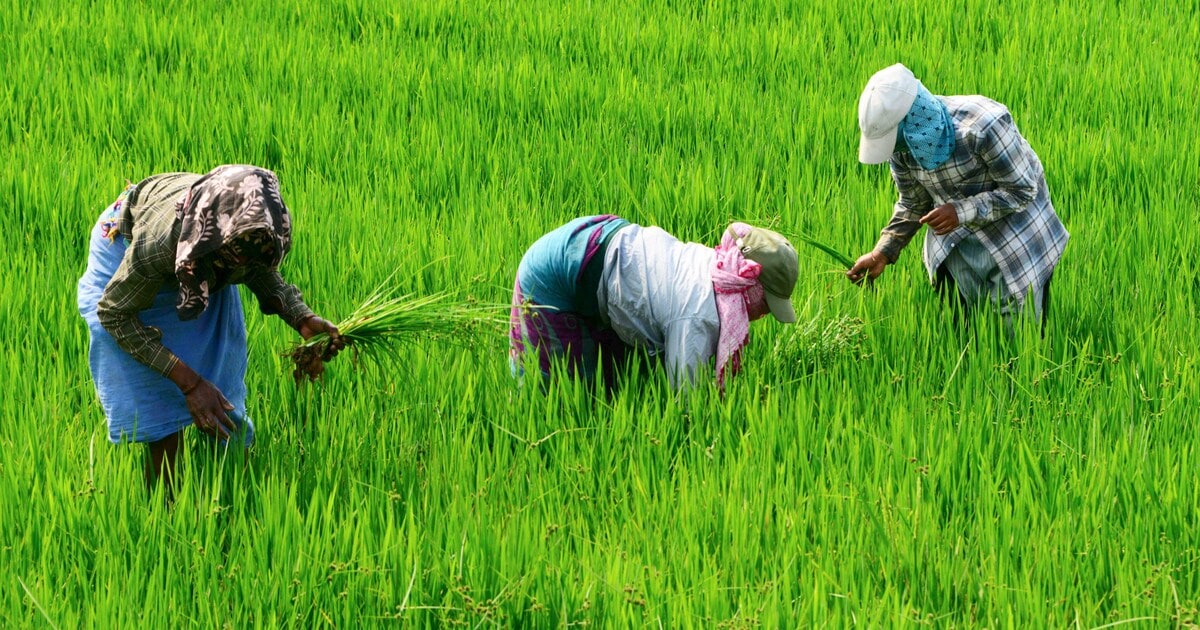Punjab’s recent ban on hybrid paddy seeds has provoked a legal response from the seed industry, with the Federation of Seed Industry of India challenging the decision in court. The hearing, scheduled for later this month, could have significant implications for agricultural practices in the region.
Punjab’s ban on hybrid paddy seeds draws flak from seed industry

Key Takeaways:
- Punjab has banned the use of hybrid paddy seeds.
- The Federation of Seed Industry of India (FSII) is opposing the ban.
- FSII has filed a petition in the Punjab and Haryana High Court.
- A court hearing is set for later this month.
- The outcome may affect future agricultural policies and industry practices.
Punjab’s Ban Draws Industry Backlash
The Punjab government’s decision to ban hybrid paddy seeds has ignited controversy within the agricultural sector. The seed industry, represented by the Federation of Seed Industry of India (FSII), has voiced strong opposition to the move.
FSII Challenges the Decision
In response to the ban, the FSII has filed a petition in the Punjab and Haryana High Court, seeking to overturn the state’s decision. The organization argues that the prohibition of hybrid seeds could have adverse effects on productivity and the livelihoods of farmers dependent on these seeds.
Upcoming Court Hearing
The legal challenge has been scheduled for a hearing later this month. This proceeding is set to be a pivotal moment for both the state government and the seed industry, as the court’s decision may set a precedent for future agricultural regulations.
Implications for the Agricultural Sector
The ban and the subsequent legal action underscore the tensions between governmental policy and industry interests. The outcome of the court case could influence seed usage patterns, affect crop yields, and impact the broader economy of the region.
Conclusion
As the hearing approaches, stakeholders across the agricultural spectrum are closely monitoring the situation. The conflict between Punjab’s regulatory approach and the seed industry’s position highlights the complexities of agricultural management and the balance of interests involved.











